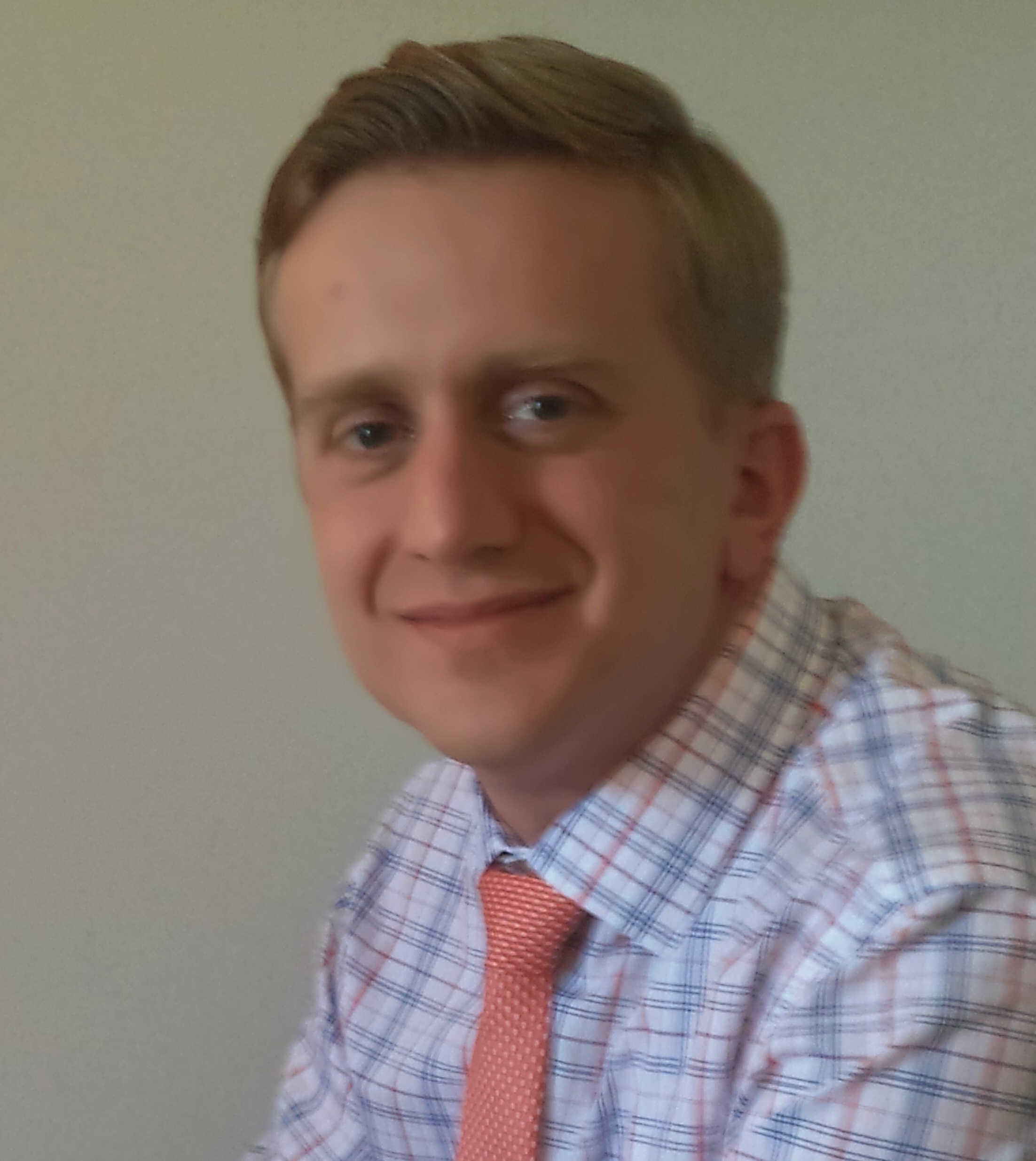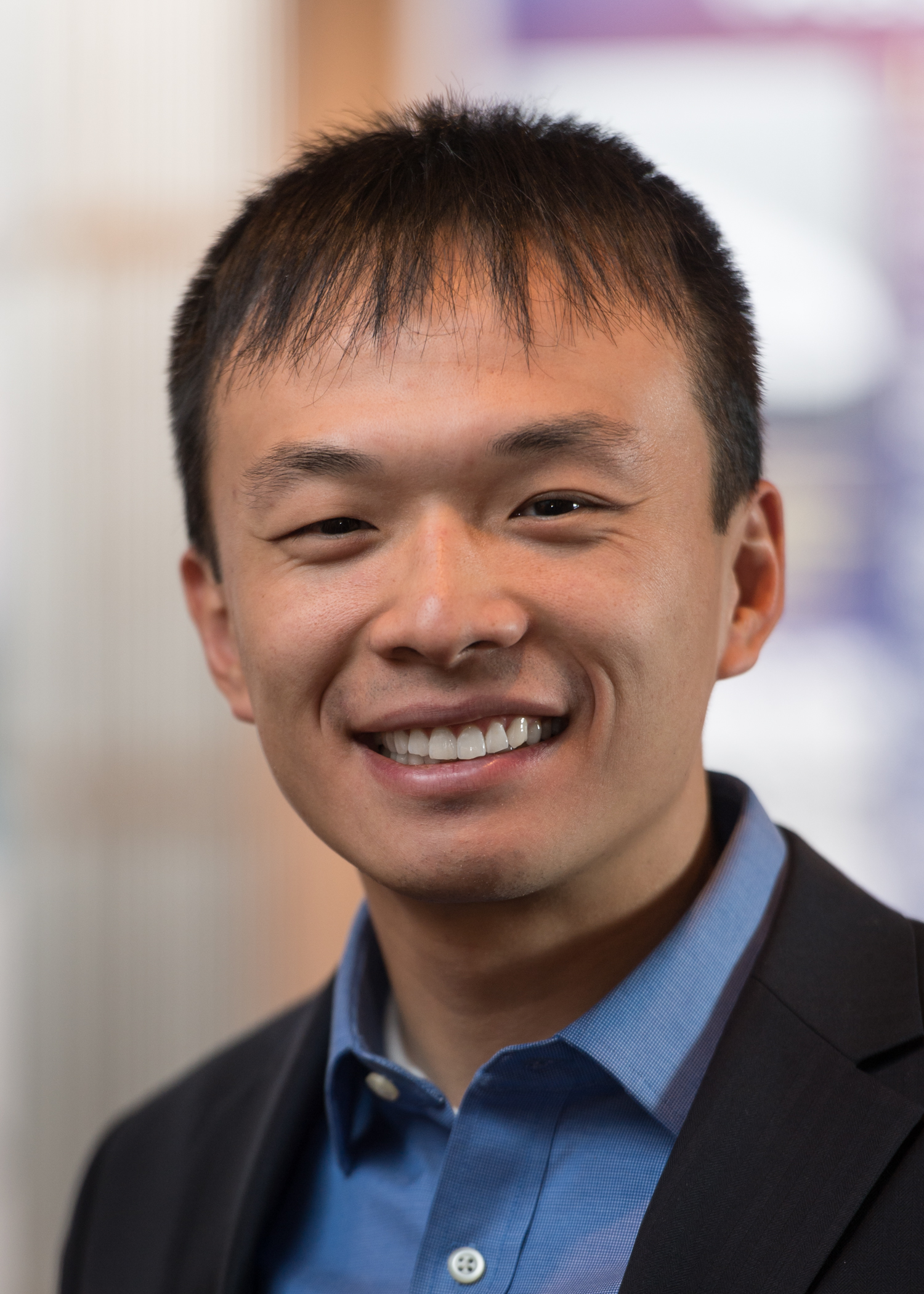In the fall of 2010, the Postdoctoral Society of Argonne (PSA) sought to establish a Mentoring Program that would enhance the postdoctoral training experience. The PSA leaders conducted a survey, held town-hall meetings and garnered support for the program from divisional and laboratory leaders, including Laboratory Director Eric Isaacs. Since then, each division has taken strides to ensure that postdocs and fellows at the lab have a mentor in addition to their research supervisor. Each division produced guidelines and appointed a mentoring program coordinator to help facilitate mentor-mentee pairings.
We have continued to build upon the Mentoring Program through enhanced guidance, seminars and discussions on mentoring, a session on mentoring in the Supervisor Skills Bootcamp and the establishment of the inaugural Outstanding Postdoctoral Supervisor and Outstanding Postdoctoral Mentoring Awards. As we endeavor to strengthen mentoring efforts across the lab, it is a good time to ask what mentoring means to us as individuals, and as an organization. This month, Bo Feng and Justin Thomas, the current and first Postdoctoral Mentoring Program Coordinators from the Nuclear Engineering Division, share their experiences and talk about what being a part of this program has meant to them. As we head into the New Year, we will be met with National Mentoring Month. Help us celebrate by sharing your stories!
Getting the Mentoring Program Started with Justin Thomas:
 I had the privilege of serving as the NE Division’s first Postdoctoral Mentoring Program Coordinator, from March 2011 – 2014. By the time I started, the division had established the NE Postdoctoral Mentoring Plan and had developed a list of suggested mentors. This was a joint effort with Division management, Department managers and Business Operations Manager, Lee Anne Ciarlette. I started by meeting with each of the suggested mentors, described the new mentoring program and asked for their support. Almost everyone was willing to participate in the program, especially after I conveyed that Division management was encouraging participation. This was important not to put pressure on them – most of the people I spoke with generally liked the idea of supporting the careers of postdoctoral candidates – but to affirm that the Division also appreciates them spending their time in this way. I collected brief bios from each of the confirmed mentors, and created a mentoring “menu” to the postdocs, as a way of introduction. I then met with each postdoc in the Division, introduced the program, and helped them select an appropriate mentor. With the exception of a few postdocs who were at the end of their appointments, most were eager to participate in the program.
I had the privilege of serving as the NE Division’s first Postdoctoral Mentoring Program Coordinator, from March 2011 – 2014. By the time I started, the division had established the NE Postdoctoral Mentoring Plan and had developed a list of suggested mentors. This was a joint effort with Division management, Department managers and Business Operations Manager, Lee Anne Ciarlette. I started by meeting with each of the suggested mentors, described the new mentoring program and asked for their support. Almost everyone was willing to participate in the program, especially after I conveyed that Division management was encouraging participation. This was important not to put pressure on them – most of the people I spoke with generally liked the idea of supporting the careers of postdoctoral candidates – but to affirm that the Division also appreciates them spending their time in this way. I collected brief bios from each of the confirmed mentors, and created a mentoring “menu” to the postdocs, as a way of introduction. I then met with each postdoc in the Division, introduced the program, and helped them select an appropriate mentor. With the exception of a few postdocs who were at the end of their appointments, most were eager to participate in the program.
During this early stage where the program was initiated, I was invited to the monthly NE Department Manager’s Meeting and provided a brief update. I was the only R&D staff without a supervisory role. Later, as new postdocs entered the Division, they would be directed to meet with me, and I would again help them select a mentor and more generally help welcome them to NE. This was a good growth experience for me. As you know NE is a big division, and I got to meet mentors in other fields and other groups. Also, several of the postdocs in the Lab are now here as staff, and we sometimes keep in touch. Exposure to the Department Manager’s meeting also helped me better understand how the Lab worked, and I am sure played a role in my later selection as a section manager and technical programmatic lead.
Editorial note: NE has a very robust website with employee profiles and activities posted. Bo observed that the “menu” of potential mentors Justin mentions has been very helpful for the mentees to see all the faces and backgrounds of potential mentors. This has been helpful to new postdocs who may be hesitant to reach out to people they do not know. The internal website also contains shareable documents, work organization charts, newsletters, links to the NE Early Career group, etc. that are extremely useful. Having an organized, up-to-date website for the division encourages a sense of belonging and promotes greater transparency, both of which help establish a productive team environment.
Five Questions for Current NE Postdoctoral Mentoring Program Coordinator, Bo Feng:
- How has mentoring been most helpful to you
 and your career? Feel free to describe a specific instance.
and your career? Feel free to describe a specific instance.
When giving advice in the position of a mentor, one has to be careful about how statements or suggestions can be interpreted or misconstrued, so a good mentor will learn to think before speaking (play the thought in your head and then deliver it in a professional way or simply withhold the thought depending on the context). Sometimes, we could all benefit from thinking first before speaking, especially when giving a presentation, socially interacting with co-workers, and speaking with superiors. So this is a great skill to develop for the benefit of the mentor’s career and professional image.
- What benefits have you gained by mentoring others? Why do you feel it is worth your while to mentor?
Mentoring is a great break from the day-to-day research and focus on details; it gives not only the mentee, but also the mentor a chance to reflect on high level goals and motivations (Why did I get into this field? Am I achieving my career goals that I set forth when I decided my major?). In addition, it’s a great way to make a personal and/or professional connection with someone with whom you don’t normally interact through your day-to-day work. Oftentimes, they are young and eager so their enthusiasm can be contagious and give you a jumpstart to your day.
- How would you advise an employee—staff or postdoc—who could benefit from mentorship to go about seeking a mentor that fits their needs?
First, I would STRONGLY recommend to every postdoc to get a mentor, it’s a great benefit that Argonne provides and should be utilized. The supervisor can often give good suggestions for mentors when asked. However, the postdoc’s mentor should not be his/her manager and should preferably be someone with whom the postdoc does not normally interact through work in order to increase networking opportunities. The mentor’s field of research doesn’t have to be related to the postdoc’s work since most of the discussion during meetings tends to be non-technical in nature (career advancement, available resources, counseling, professional advice, etc.). In fact, having different fields of research may present a great opportunity for both the mentor and mentee to expand their horizons.
The assigned mentor does not have to be the only mentor; I would also encourage postdocs and staff to seek out unofficial mentors, as many as possible. I started off directly as staff and benefited greatly from the informal guidance from my managers and more senior colleagues. I’ve had as many as 4 unofficial mentors at one time, each of whom I would ask advice on different matters. Currently, our division only has a postdoc mentoring program but a staff mentoring program is in the development phase. This effort was initiated by my predecessor, Florent Heidet, and division management is reviewing his written proposal.
- What would you like to see done at the lab level to support mentoring? For instance, what would your mentors and mentees benefit from the most in having a productive mentoring experience?
I think that expanding the mentoring program to entering staff is the next step. Sometimes they come straight out of school into their first job so they could benefit from an official mentoring program as well!
- Tell us about yourself:
I declared nuclear engineering as my major before I graduated high school because my three passions were science, societal welfare, and the environment, so it seemed natural to me to pursue a career in nuclear power, which is a fascinating feat of engineering that provides reliable electricity while emitting no greenhouse gases. I earned my bachelor’s, master’s, and PhD from MIT in Nuclear Science and Engineering while performing research primarily on reactor physics and fuel performance. I joined Argonne as a staff in 2011 and have since been working with a great team of staff and postdocs on advanced nuclear reactor core design, future fuel cycle systems analysis, and spent fuel dose rate calculations for the DOE Office of Nuclear Energy. On my free time, I love to travel abroad, eat (and try to cook) exotic foods, and golf.

